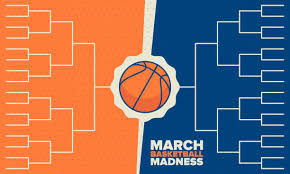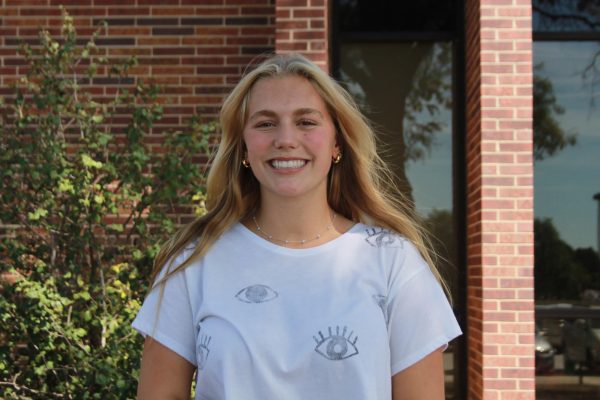Every year, millions of Americans shoot their shot at creating the perfect March Madness bracket, but every year those same millions fail. According to the NCAA, the odds of having a perfect bracket is 1 in 9.2 quintillion. For reference, you are far more likely to find the same grain of sand twice than ever complete a perfect bracket, proving the astronomically low odds of becoming the first to ever win the March Madness bracket.
March Madness, officially known as the NCAA Division I Men’s and Women’s Basketball Tournament, is an annual competition where teams compete for the national championship. The tournament begins with 64 teams, each seeded 1–16 across four regions: South, East, West, and Midwest. Teams face off in a single-elimination format until only one team remains from each region, forming the Final Four. The tournament concludes with three final games, including the national championship, where one team comes out on top. This year, the tournament began on March 20, 2025 and the championship game took place on April 7, 2025 in San Antonio, Texas.
According to the NCAA, approximately 50-100 million brackets are submitted each year, yet no one has ever achieved a perfect bracket. So, what are the statistics of this seemingly impossible accomplishment?
“It is nearly impossible.” Lincoln East AP Statistics teacher Peter McGinley stated, “Most bracket pools require you to pick 63 of the games correctly (because they don’t account for the four play-in games). Each game has a binary outcome (win or loss). That gives us 2^63 possible outcomes for the tournament. The resulting value is 18 digits long or in the quintillions! If we consider that there are approximately 50 million brackets submitted across multiple websites that collect brackets, it would take some amount of years in the trillions before we see a perfect bracket. It will likely never happen in our lifetimes…or ever.”
The closest to a perfect bracket, was in 2019 when 40-year-old Gregg Nigll guessed 49 teams correctly but his bracket was busted on the 50th game. According to the NCAA, the likelihood of predicting 49 games correctly is 1 in 562,949,953,421,312. During the 2025 bracket season, some new accomplishments have been achieved.
From Fortune magazine, the article “Warren Buffett can finally give away his $1 million March Madness prize after winner bested mathematical odds of 1 in 134 million” states that for the first time in 11 years someone within the Berkshire Hathaway working force, picked 30 out of the 32 teams in the first round of the tournament, with this accomplishment they won a million dollars.
Despite the statistics behind obtaining a “perfect” bracket being practically impossible and knowing it has never been accomplished, why do we still try, knowing we will fail?
For fans, there’s a rush of excitement when an upset happens or their team advances to the next round. March Madness brings families together in friendly competition, each hoping to create the best bracket. But above all, it’s the chaos and unpredictability that make it so thrilling.
“Since I will be attending Arkansas this fall and they made it to the sweet sixteen, I have definitely watched more games.” Lincoln East senior Addie Catlin said. “I honestly didn’t think they would get this far in the beginning, but that is what makes March Madness so fun. Especially since during the regular season they were off and on, and it was a toss-up, so I’m shocked but excited with how they’ve performed.”
As the tournament wrapped up, fans continued to tune in, hoping their team would be the last one standing, while also keeping an eye on their brackets wondering if, against all odds, their already busted bracket might somehow improve. If there’s one thing March Madness guarantees, it’s that anything can happen.




